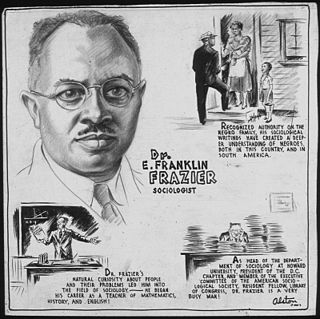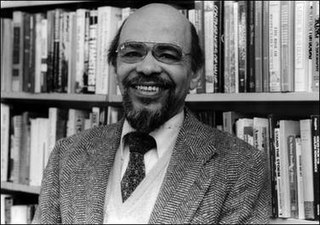A Quote by Marcus Garvey
Negro producers, Negro distributors, Negro consumers! The world of Negroes can be self contained. We desire earnestly to deal with the rest of the world, but if the rest of the world desire not, we seek not
Related Quotes
I maintain that I have been a Negro three times--a Negro baby, a Negro girl and a Negro woman. Still, if you have received no clear cut impression of what the Negro in America is like, then you are in the same place with me. There is no The Negro here. Our lives are so diversified, internal attitudes so varied, appearances and capabilities so different, that there is no possible classification so catholic that it will cover us all, except My people! My people!
We should emphasize not Negro History, but the Negro in history. What we need is not a history of selected races or nations, but the history of the world, void of national bias, race, hate, and religious prejudice. There should be no indulgence in undue eulogy of the Negro. The case of the Negro is well taken care of when it is shown how he has far influenced the development of civilization.
Carmen Jones was the first all-Negro film that became a great box-office success. It established the fact that pictures with Negro artists, pictures dealing with the folklore of Negro life, were commercially feasible. This was a sign of growth that had occurred in the United States and throughout the world.
Negro writers, just by being black, have been on the blacklist all our lives. Do you know that there are libraries in our country that will not stock a book by a Negro writer, not even as a gift? There are towns where Negro newspapers and magazines cannot be sold except surreptitiously. There are American magazines that have never published anything by Negroes. There are film studios that have never hired a Negro writer. Censorship for us begins at the color line.
Alpha Phi Alpha, the oldest of Negro Fraternities, with all of its members presumably far above the average American and having a good practical understanding of the salient factors involved in the Negro's problem, and which a membership upwards of eight thousand men, should be able to take into their hands the leadership in the Negro's struggle for status.































